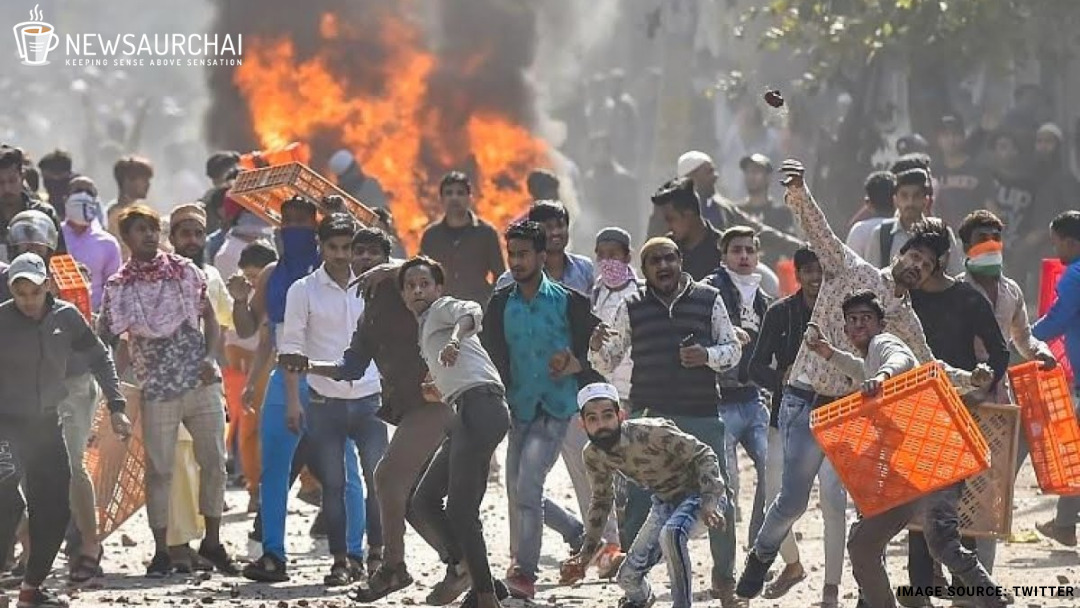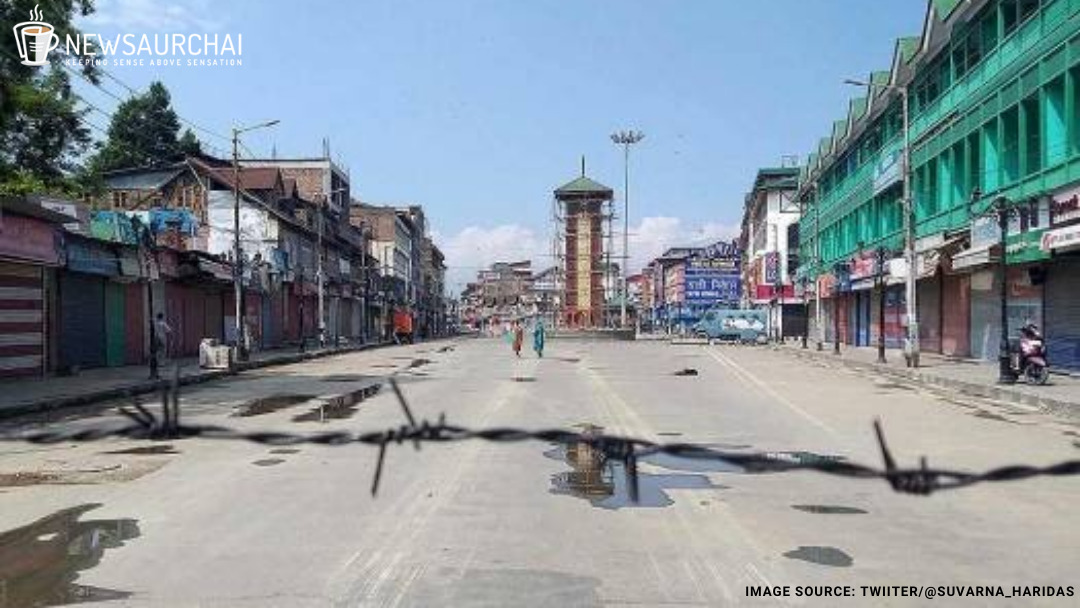Delhi Riots Case: Verdict, Argument, Way Ahead

On Tuesday, June 15, the Delhi High Court (HC) granted bail to the Pinjra Tod group members Devangana Kalita, Natasha Narwal, and Asif Iqbal Tanha after a year of their arrest. The student activists were booked under the Unlawful Activities (Prevention) Act (UAPA) for their involvement in the Delhi Riots conspiracy case.
Although the country’s youth celebrated the decision of the Delhi HC, the Honorable Supreme Court (SC) of India, on Friday, released a statement opposing this move. However, the SC denied interfering with the bail order. The bench consisting of Justices V Ramasubramanian and Hemant Gupta stated that this decision was “surprising” and can have “pan-India ramifications”.
It maintained that the interpretation of the UAPA by the Delhi HC would require further examination by the bench. It added that even though the court granted bail in this case, “the impugned judgment shall not be treated as a precedent and may not be relied upon by any of the parties in any of the proceedings”. Even so, the bench agreed that “bail has been granted and those who got the relief will not be affected” but decided to stay the effect of the HC order.
Labelling it as an “important issue,” the SC has drafted a notice to the trio, asking them to respond to Delhi Police’s petition challenging the bail order. The hearing for the same will take place in the third week of July.
Understanding the UAPA
The Delhi HC’s decision to give bail order to the activists billed under the UAPA is a controversial topic and has sparked many debates. The UAPA is a draconian law in the country which is difficult to bypass. Yet, the verdict came as a shock because of the High Court’s unique interpretation.
As the name suggests, the UAPA aims at prohibiting unlawful activities. Additionally, it also grants power to the central government to term any individual or a group as a “terrorist.” The UAPA is no ordinary criminal law. Under this Act, the probe and the detention can last up to 180 days.
Section 43D(5) of the Act makes bail for the accused virtually impossible. It states that no accused persons shall be granted bail as long as the court, in all factual authenticity, is convinced that there are reasonable grounds to believe the accusation of such a person to be correct until proven otherwise.
The Argument
SC’s order followed Solicitor General Tushar Mehta’s statement, which said that the HC’s decision called for an acquittal of the accused trio and thus set an example for others. He said, “It’s virtually an acquittal order. The trial court will have to entertain a discharge application and replace it with this judgment.” The Solicitor-General then questioned whether the Right to Protest includes the right to “kill people.” He added to his argument the 53 deaths and 700 injuries during the Delhi riots, which ensued from December 2019 to February 2020.
On the other hand, senior advocate Kapil Sibal, on behalf of the accused, opposed Mehta’s submission and urged the Supreme Court not to stay the prevailing verdict. The Delhi HC held that the Right to Protest is a fundamental right and cannot be labelled a ‘terrorist act.’
The HC, reverting to the argument of the Supreme Court, said the latter, to suppress dissent and gain control over the situation, “has blurred the line between the constitutionally guaranteed ‘right to protest’ and ‘terrorist activity.’ If such blurring gains traction, democracy would be in peril.”
Significance of the Judgment
Establishing certain key points, the Delhi HC argued that actions under UAPA are defined based on the accused’s conduct. Thus, protest and dissent cannot be named terrorist acts. Moreover, UAPA may be a draconian law, but its implementation is only in exceptional circumstances. It does not apply to crimes that do not fall under this category.
By putting forth such arguments, the Delhi High Court has delivered a landmark case and revealed the UAPA guidelines’ abuse. Still, the case is itself an exception. It will not be held as a precedent for further such cases as bail under UAPA is highly permissive and depends on the judge presiding over the case.





